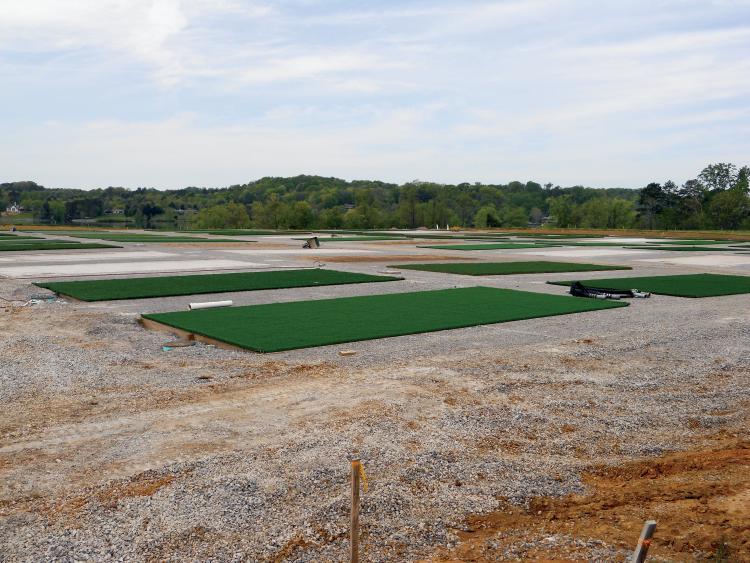Home > Tennessee > Tennessee Ag Education > Tennessee Universities Focus on New Fields of Agriculture
Tennessee Universities Focus on New Fields of Agriculture
In partnership with: Tennessee Department of Agriculture
It might seem far-fetched, but the sight of a farmer remotely operating two tractors at once, each without a driver, is a technology that is more than just an idea – it’s actually in development.
Advances like these are just part of what the future holds for the agriculture industry in Tennessee. That’s why universities across the state are taking steps to ensure that their students are prepared to be tomorrow’s industry leaders.
At Middle Tennessee State University, for example, alternative fuel expert and agriscience professor Cliff Ricketts uses his 35 years of research in the field to give students hands-on opportunities to build vehicles that run on power other than gasoline.
“The goal of my work is to come up with a process whereby the American farmer and American consumers would be energy independent in the event of a crisis in the Persian Gulf,” Ricketts says. “My students have built engines that run on ethanol, cow manure, soybean oil, solar power, and now my passion is to build an engine that runs on water. Our program has many students who are gifted engineers and mechanics, and I just guide them and then get out of the way and let them use their talents to build cars.”
Such innovation is also a part of the Tennessee Tech University curriculum. The school’s new degree concentration in agritourism is the first such program in the state. It provides students with an understanding of how tourism can enhance the revenue opportunities of working farms through the addition of petting zoos, festivals, bed-and-breakfasts, concerts, camping, hiking and wineries.

At the University of Tennessee Institute of Agriculture, two new facilities prepare students for careers in the ever-changing agriculture industry. The Center for Athletic Field Safety conducts research on the safety of natural and synthetic turf, and the Little River Animal and Environmental Unit includes a state-of-the-art dairy. Other initiatives include Tennessee State University’s goat research program and the vet tech program at the University of Tennessee at Martin.
Such opportunities have implications for the agriculture industry and beyond. For instance, Ricketts says that “MTSU has a model for the country to follow in the event of a national energy crisis,” and preparing students for such an eventuality through the development of alternative fuels “will have implications for peace, national security, the economy and the environment.”



